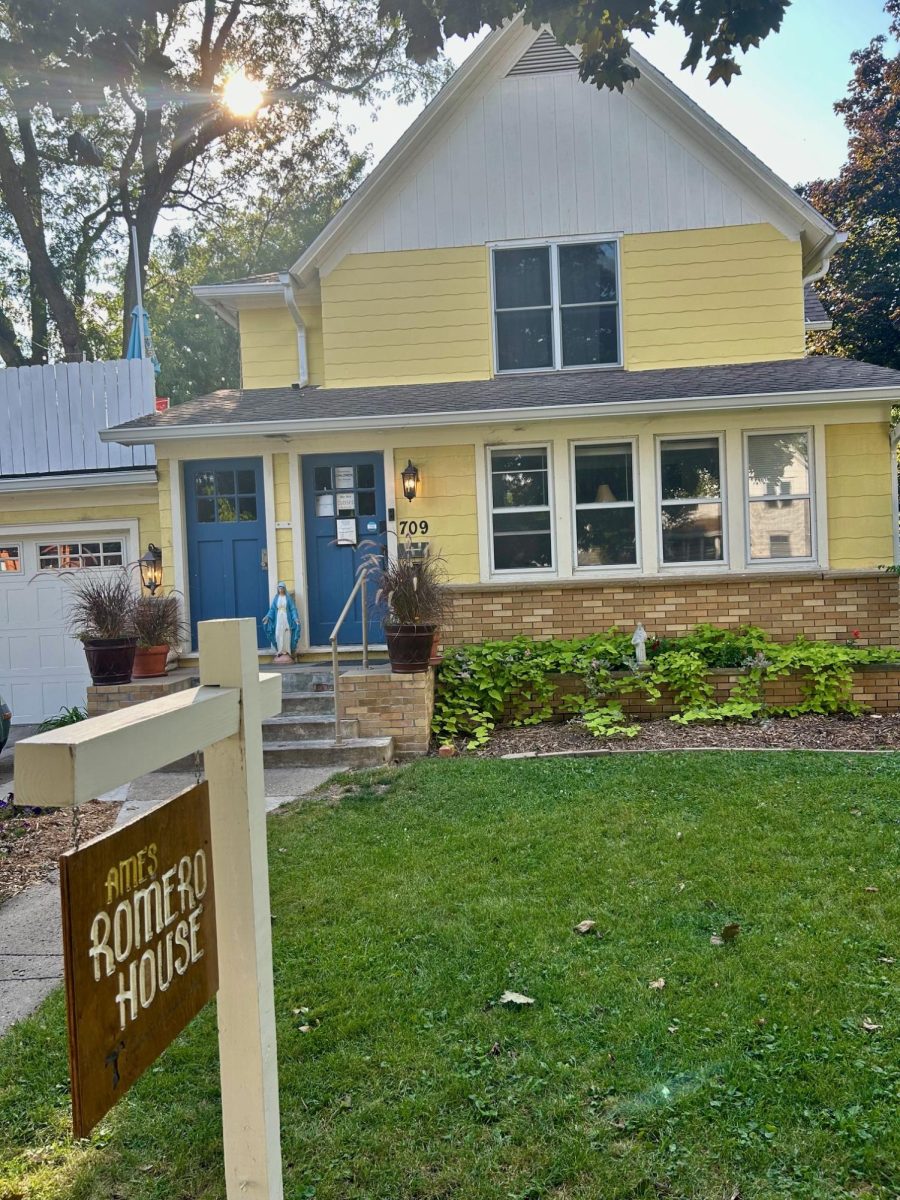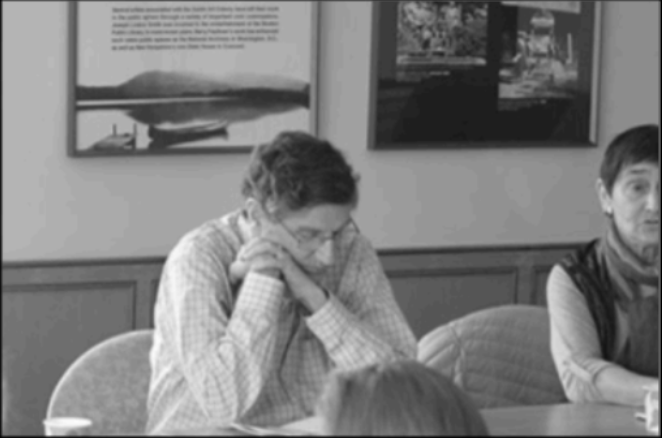When I was on a Malev Airlines flight to Israel this summer on a program for Jewish teenagers, I passed the time goofing off with my friends, making jokes, telling stories, and anticipating the upcoming six weeks of adventure that awaited us in a land that most of us call a second home. But it never crossed my mind that I might become a witness of conflict that filled the news worldwide. After arriving in Tel Aviv, Israel, our group of 310 high schoolers traveled to northern Israel, where we spent the next week hiking, visiting historical sites, and learning about the land and its history. Some time during those first days our staff reported to us that Palestinians in Gaza and members of the Iranian-backed terrorist group Hezbollah in Lebanon had crossed the border into Israel and kidnapped a few Israeli soldiers and killed several others. This news, of course, brought concern to us all. But that concern continued to multiply itself over the course of the next five weeks as things heated up between the Israel Defense Force and Hezbollah, beginning with the news that missiles were flying into northern Israel, only a few days after our descent to the central region of the country. Every evening, our staff brought us the latest updates; meanwhile, the conflict became continually more personal to each of us. We were never sure our plans for the next day would be actualized, because the location may have been too unsafe. Sites we had visited only several days beforeâTsfat, Haifa, and even the area around the youth village, Hodayot, where we lived for over a weekâwere being hit by katyusha rockets. The hills and forests we had hiked were now on fire after having been struck by missiles. Consequently, the citizens of all towns under attack were living in tight bomb shelters, including individuals that we had talked to, vendors we had bought snacks from, and Americans like us that we had met who had made Israel their new home. Numbering about a million, these ordinary people, now confined to bomb shelters, were living in extreme heat with a scarce supply of food or water and the sound of rockets flying right outside. Five of our counselors were called to army reserve duty and thus left the program. Tomer, one of the counselors for my specific bus group, had been released from the army only a month before Hezbollahâs attack on Israel, but the rest of his unit was now fighting at the Israeli-Lebanese border. To boost their morale, our bus group raised $50 from our spending money to buy food for the soldiers that until recently, our counselor and friend had served beside. My oldest cousin, also called to serve in the reserves, spent his summer working for army intelligence. In the middle of our trip, participants were given one weekend to visit family or friends in Israel. Many of my peers who had planned to stay with families in northern Israel (the area of the country near the border with Lebanon) were forbidden by their parents to go and had to find last-minute alternatives. But those who ventured to the North, despite the danger, later told us they could hear missiles flying by simply stepping outside. I went to my sisterâs apartment in Jerusalem for the weekend, where my freedom of movement was rather limited. According to the programâs policy, I was not allowed to take public transportation because of the constant risk of suicide bombers. This risk is one I had previously been aware of, but it being a factor in my daily routine brought the harsh reality so much closer to home. The list of personal connections we all had to the conflict goes on and on, and the same holds true for every inhabitant of Israel. Yet, despite each personâs deep connection to the events taking place, life in other parts of the country keeps on going. Israel is a nation that is so often under attack and has therefore had to learn to deal with daily setbacks. But people do their best to keep living their lives; the country continues to function. For if survival is the goal, there is no other way. Despite all these experiences, I was able to hang on to that little piece of hope that maybe one day, if we work hard enough and keep the visions of peace and security strong enough in our minds, the Middle East will no longer be a region unfortunately characterized by so much tragedy and tension. But this summer reminded me that as much as my friends, the people of Israel, the concerned citizens of the world, or I myself like to dream of a better reality for the Middle East, the road is one filled with countless obstacles and adversities. The knowledge that many of Israelâs neighbors and the radical organizations that harbor within them, such as Hezbollah and Hamas, are so ideologically committed to Israelâs destruction never ceases to worry me. For these are the ideologies that yield suicide bombings and kidnappings, that become the justification for the hundreds of rockets that affected so deeply the lives of hundreds of Israelis, and in turn brought tragedy to so many ordinary Lebanese. Now, two months after the fighting of this summer has reached an end, the effects are still felt in full force. For some it is felt because their homes have been burned to the ground. Others have lost a child, brother, sister, or close friend. But for me, back home in America, this means that I carry with me always the experiences of the summer that put the infamous Middle East conflict in front of my own eyes, that reminded me so strongly that something better is waiting out there, and itâs time to start reaching for it.
Categories:
In the midst of conflict
Sarit Luban
•
October 20, 2006
Story continues below advertisement
0
Donate to The WEB
$150
$450
Contributed
Our Goal
Your donation will support the student journalists of Ames High School, and Iowa needs student journalists. Your contribution will allow us to cover our annual website hosting costs.
























